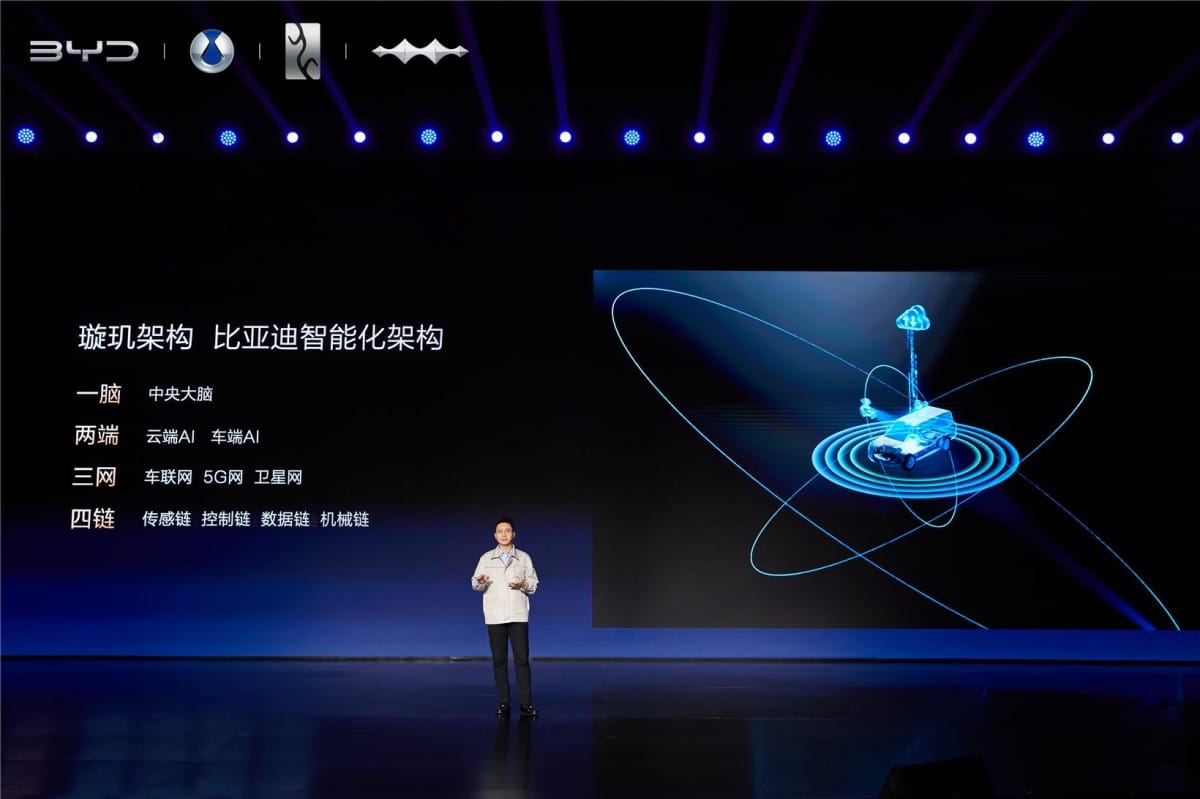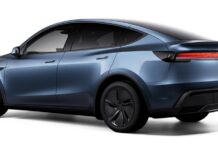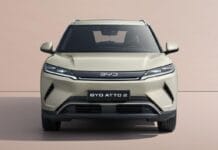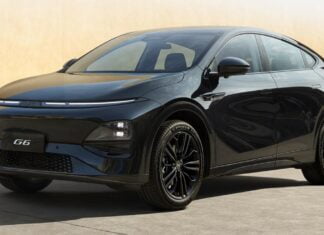
BYD, a Chinese automaker, is reportedly ready to unveil its own smart driving system technology. This would be a huge step forward for the corporation, which has previously relied on third-party technologies to power its sophisticated driver aid systems.
BYD may introduce its own algorithms to power the company’s DiPilot smart driving platform in November.
Byd smart driving system Platform Dipilot
DiPilot, BYD’s proprietary computer platform, will be available in a variety of configurations based on processor power.
The DiPilot 100, which is intended for systems with 100 TOPS (trillion operations per second) or less, will incorporate Nvidia’s Drive Orin N chip and Horizon Robotics’ Journey 5 chip. For more competent vehicles, the DiPilot 300 and DiPilot 600 will use the Nvidia Orin X chip, which provides up to 508 TOPS of computational capability.
BYD’s shift to in-house development aligns with its desire to compete with industry leaders such as Tesla, which has long promoted its Autopilot and Full Self-Driving systems.
While BYD has worked with a number of chip makers, including Nvidia, Horizon Robotics, and Black Sesame Technologies, it has apparently put the greatest effort into designing its own algorithms based on Nvidia’s Drive Orin platform, noting its maturity and stability.
The initial rollout of BYD’s in-house algorithms will target cars priced above RMB 200,000 (roughly $28,120). However, the business intends to make this technology more accessible, with the goal of equipping automobiles priced at RMB 100,000 with advanced smart driving capabilities by 2025.
This is an ambitious goal that might have a substantial impact on the widespread adoption of enhanced driver-assistance systems.
Beyond algorithms, BYD is apparently looking toward developing its own smart driving chip, beginning with low to medium positioning. This vertical integration plan will undoubtedly increase BYD’s control over its technological stack and may minimize its dependency on external vendors.
BYD’s first foray into in-house smart driving technology follows the introduction of its Xuanji Architecture, a key component of the company’s vehicle intelligence strategy. The new architecture, which was announced in January, intends to integrate a variety of technologies, like as artificial intelligence, 5G connection, and smart dashboard functions, to provide a more fluid and intuitive driving experience.























